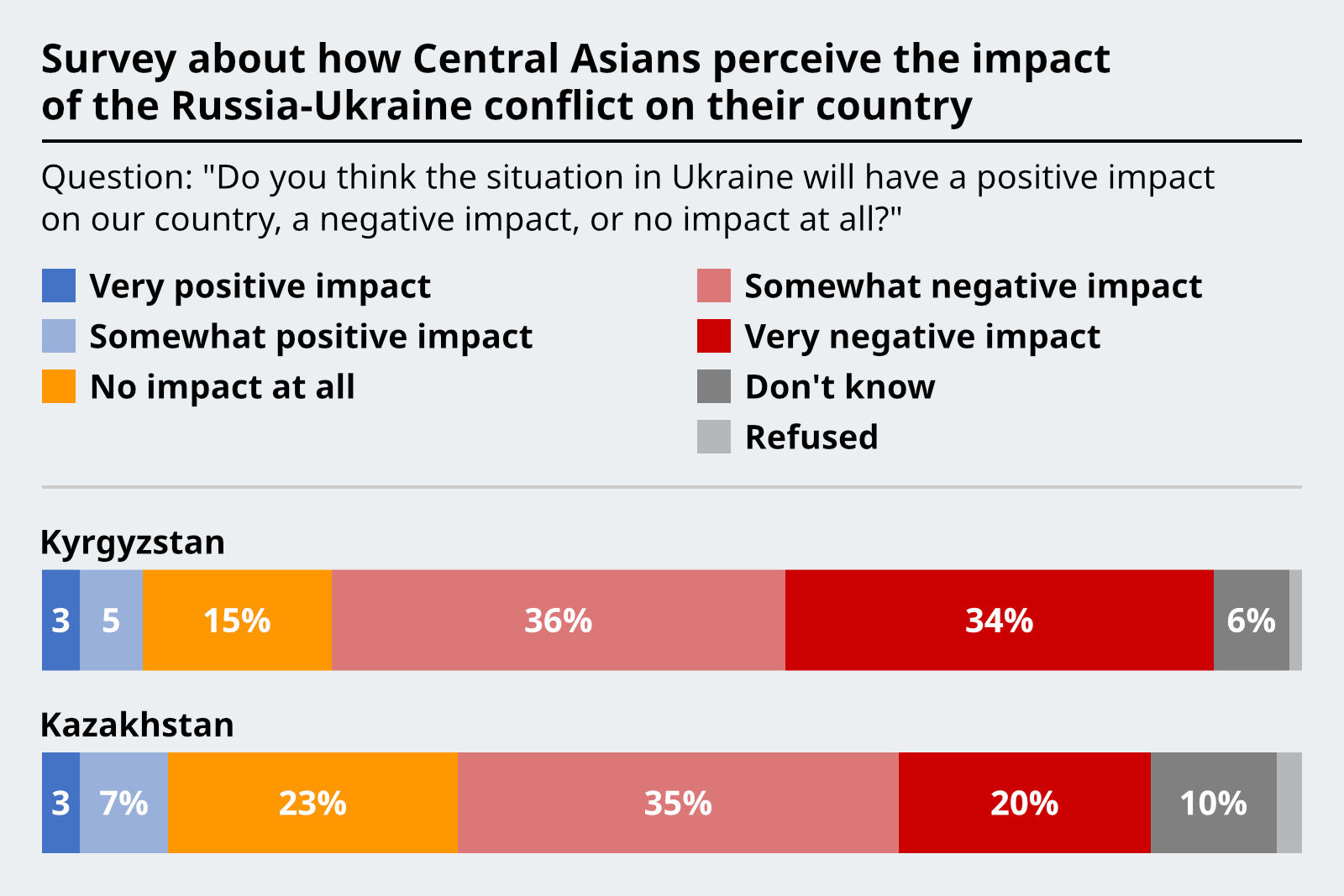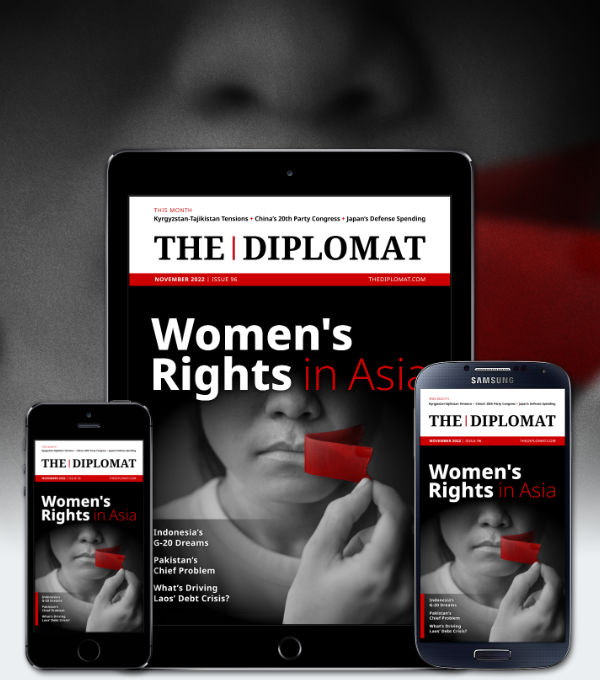| Welcome to the latest issue of Diplomat Brief. This week our top story explores the potential long-term impact of the influx of Russian migrants to Kazakhstan. We also have an interview with Dr. Khoo Ying Hooi, a senior lecturer at the Department of International and Strategic Studies at the University of Malaya, about Malaysia’s upcoming general election. |
| Story of the week |  | Society What's Next for Russians Who Fled to Kazakhstan?What Happened: Like many of Russia’s neighbors, Kazakhstan has seen an influx of migrants seeking to escape the Russian war in Ukraine, especially after military mobilization began. An estimated 300,000 Russians entered Kazakhstan in the two weeks following the mobilization decree on September 21. The surge raises questions about the migrants’ place in Kazakhstani society and their influence on Kazakhstan’s economy and politics. Our Focus: “From numerous interviews with fleeing Russians, it is evident that many view Kazakhstan as the first stop in a long-term move toward countries like Georgia, Turkey, elsewhere in Central Asia or further onward to Europe,” Kazakh researcher Aliya Askar writes for The Diplomat. However, if they do decide to stay, the wave of migrants – mostly young, high-skilled men – could reshape Kazakhstan’s economy. For now, much is uncertain; there are not even reliable counts of how many migrants have already moved on to third countries. “The whole movement of Russians after the mobilization announcement has been for the most part chaotic, unplanned, and executed in a state of shock and urgency,” Askar notes, with both individual migrants and governments making decisions on the fly. What Comes Next: Integrating Russian migrants who do choose to stay could be difficult. Kazakhstan’s national identity, Askar points out, was largely forged at a time when ethnic Russians were decamping for Russia: “In Kazakhstan alone the percentage of ethnic Russians shrunk from 37 percent in 1991 to 18 percent in 2020.” With a surge in ethnic Russians returning today, “It is now up to governments and locals to accept and efficiently integrate migrants, and up to migrants to be willing to be integrated.” And, of course, there is always the concern that Putin will seek to use the welfare of the growing ethnic Russian community in Kazakhstan as an excuse to threaten the Kazakhstani government. Read this story |
| Behind the News | INTERVIEW Khoo Ying HooiDr. Khoo Ying Hooi, a senior lecturer at the Department of International and Strategic Studies at the University of Malaya, on Malaysian politics since the previous general election: “The dramatic ousting of the UMNO-led BN coalition in 2018 was supposed and expected to some extent to reduce racial and political tension and end the country’s Malay-driven agenda after six decades. Nevertheless, it did not happen. The opposition remains fragmented, and now we witness newer and smaller parties joining the fray in the GE15.” Read the interview |
| This Week in Asia | Northeast Asia China’s Busy Week in DiplomacyChina might not be open for regular travelers yet, but it’s certainly open season for diplomacy. Three foreign leaders are traveling to Beijing this week to meet with Xi Jinping, who was just reappointed to a third term as CCP general secretary. Vietnam’s Communist Party chief Nguyen Phu Trong arrived on October 30, followed by Pakistan’s Prime Minister Shehbaz Sharif on November 1. The busy stretch is capped off by German Chancellor Olaf Scholz’s arrival on November 4, making him the first leader from among the G-7 countries to visit China since the pandemic began. Find out more | South Asia Bangladesh’s Opposition Vow to Remove Hasina GovernmentThe Bangladesh Nationalist Party (BNP) has vowed to organize rallies and marches across the country, culminating in a final rally in Dhaka on December 10. The express goal is “ensuring the removal of [the] government.” The BNP has accused current Prime Minister Sheikh Hasina and her Awami League of manipulating elections. With new polls looming in 2023 the opposition has vowed not to allow Hasina to remain in office through the next general election. Find out more | Southeast Asia Xi Jinping Fetes Vietnam’s Party Chief in BeijingNguyen Phu Trong, the head of the Vietnamese Communist Party, was feted this week in Beijing by China’s leader Xi Jinping. The three-day trip was attended by unusual levels of ceremony, and saw the two party heads, both of whom are now serving precedent-breaking third terms, exchange warm words about their nations’ historic ties. Xi’s call for the two communist parties to stand firm in the face of foreign (i.e., U.S.) “interference” was a reminder that for all that divides the two communist parties – not least the disputes in the South China Sea – much also unites them. Find out more | Central Asia Europe Tours Central Asia: Russia, Energy on the AgendaIn the last week both the European Council president and the German foreign minister made trips to Astana and Tashkent. In the Kazakh and Uzbek capitals, European leaders talked up “green” energy projects, meekly mentioned human rights, and stridently acknowledged the region’s difficult position between Russia and the rest. Find out more |
| Visualizing APAC |  | Source: Central Asia Barometer In the latest Central Asian Barometer Survey, majorities in both Kyrgyzstan and Kazakhstan said they expect the war in Ukraine to have a negative impact on their countries. See the full picture |
|  |




